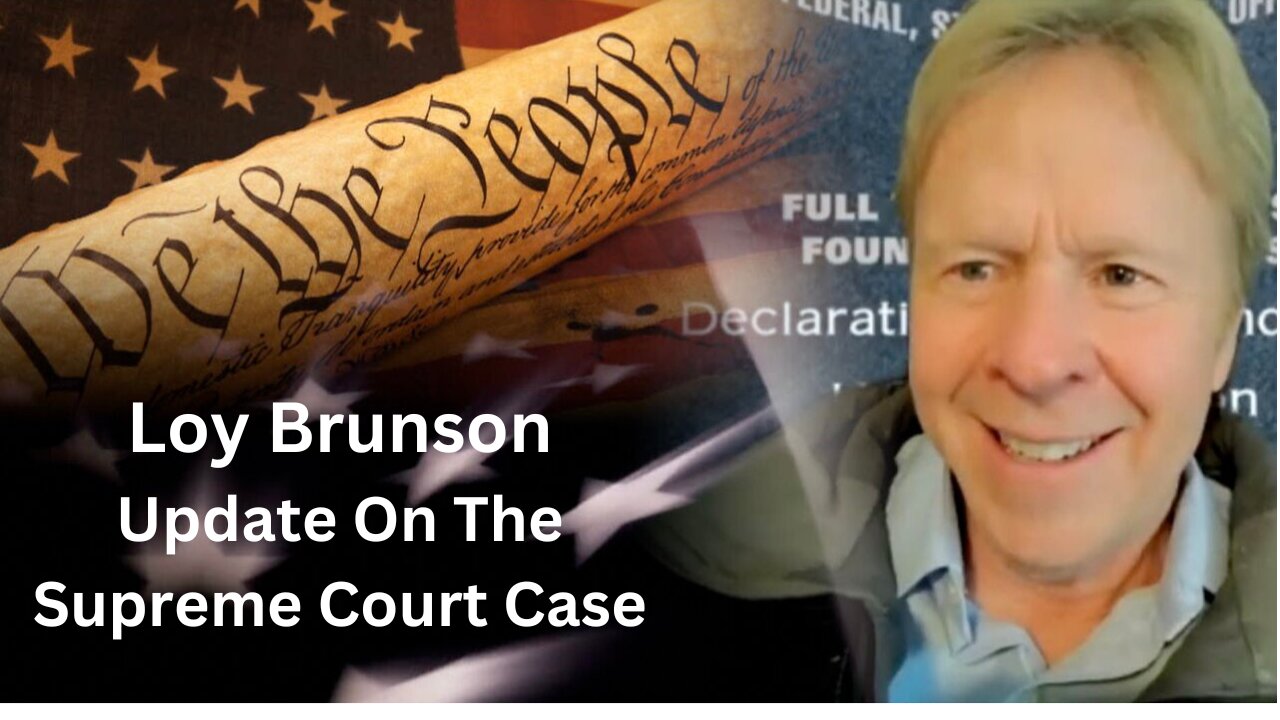The Supreme Court's decision on the Brunson case in 2024 has stirred significant debate across the legal and political landscapes of the United States. This landmark case not only addresses crucial constitutional questions but also sets a precedent that could influence future judicial interpretations. As we delve into the intricacies of this case, we will explore its background, key arguments, potential impacts, and the broader context within which it operates.
In this article, we will provide an in-depth analysis of the Supreme Court's ruling, examining the implications for both the judiciary and American citizens. By understanding the key aspects of the Brunson case, readers can appreciate the significance of the Court's decision and its potential to shape future legal frameworks. We will also highlight expert opinions and provide reliable sources to support our examination.
As the case unfolds, it becomes increasingly important for citizens to stay informed about judicial matters that may affect their rights and responsibilities. This article aims to equip readers with the knowledge they need to navigate the complexities of the legal system and understand the ramifications of the Supreme Court's decision.
Table of Contents
- 1. Background of the Brunson Case
- 2. Key Legal Issues Addressed
- 3. Arguments Presented
- 4. The Supreme Court's Decision
- 5. Implications of the Ruling
- 6. Expert Opinions on the Decision
- 7. Future Cases and Precedents
- 8. Conclusion and Call to Action
1. Background of the Brunson Case
The Brunson case emerged from a series of legal challenges concerning election integrity and the actions of various officials. It centers around allegations that certain officials violated constitutional provisions, leading to questions of accountability and transparency. Understanding the background of this case is crucial for grasping the significance of the Supreme Court's ruling.
1.1 Overview of the Case
In this section, we will outline the key events leading up to the Brunson case, including the initial complaints, the parties involved, and the legal journey that culminated in the Supreme Court's review. This historical context provides a foundation for understanding the complexities of the legal arguments presented.
1.2 Key Players Involved
- Brunson: The plaintiff who initiated the case.
- Defendants: Various state officials whose actions were called into question.
- Legal Representatives: Attorneys representing both sides and their arguments.
2. Key Legal Issues Addressed
The Supreme Court's decision on the Brunson case revolves around several critical legal issues. These include constitutional interpretations, the role of state officials, and the limits of judicial review. In this section, we will dissect each of these issues to understand their implications fully.
3. Arguments Presented
Both sides presented compelling arguments before the Supreme Court. The plaintiffs argued for the necessity of accountability among elected officials, while the defense emphasized the importance of judicial restraint and the potential consequences of overreach. A thorough examination of these arguments reveals the complexities of the case.
3.1 Plaintiff's Arguments
- Accountability of public officials.
- Importance of upholding constitutional rights.
- Impacts on public trust in the electoral process.
3.2 Defendants' Arguments
- Separation of powers and judicial restraint.
- Potential overreach of the Court into legislative affairs.
- Precedents set by previous cases.
4. The Supreme Court's Decision
On the date of the ruling, the Supreme Court delivered its decision with a majority opinion outlining the reasoning behind the verdict. This section will summarize the key points of the decision and highlight any dissenting opinions that may have been voiced.
5. Implications of the Ruling
The implications of the Supreme Court's decision on the Brunson case extend beyond the immediate parties involved. This ruling may set significant precedents for future cases related to election integrity and the accountability of public officials. Here we will explore the broader societal impacts of the ruling.
6. Expert Opinions on the Decision
Legal experts and scholars have weighed in on the Supreme Court's decision, providing insights into its potential impacts and future ramifications. This section will compile various expert opinions, offering a well-rounded perspective on the ruling.
7. Future Cases and Precedents
As the legal landscape continues to evolve, the Brunson case may serve as a benchmark for future judicial decisions. We will discuss how this ruling could influence upcoming cases and the direction of legal interpretations in similar contexts.
8. Conclusion and Call to Action
In conclusion, the Supreme Court's decision on the Brunson case in 2024 represents a pivotal moment in American jurisprudence. It addresses fundamental questions about accountability, transparency, and the balance of power within the government. We encourage readers to stay informed about these critical issues and engage in discussions surrounding the implications of this case.
We invite you to leave your thoughts in the comments section below, share this article with others, and explore more content on our site to deepen your understanding of important legal matters.
Thank you for reading, and we look forward to welcoming you back for more insightful articles in the future!
Article Recommendations


